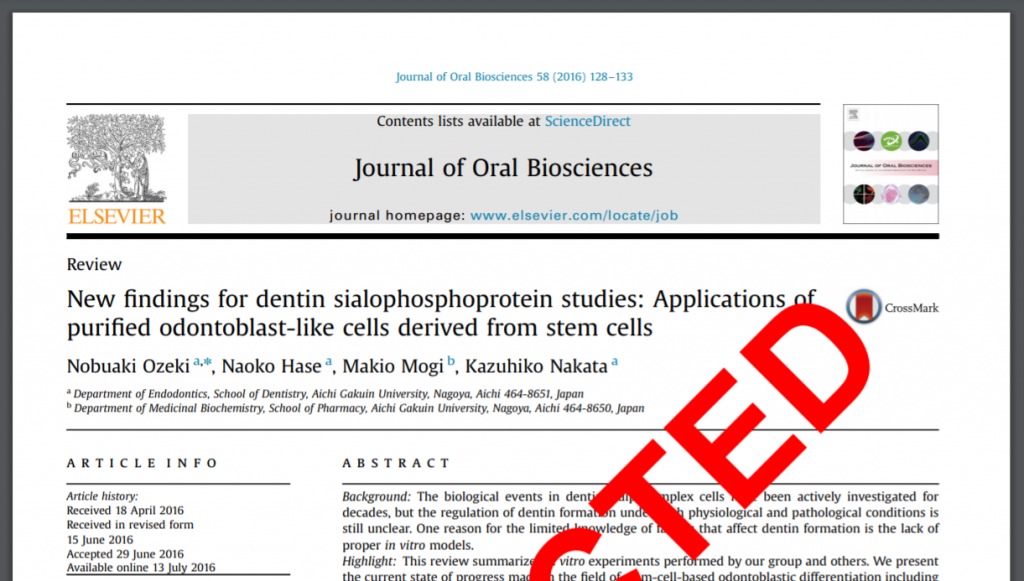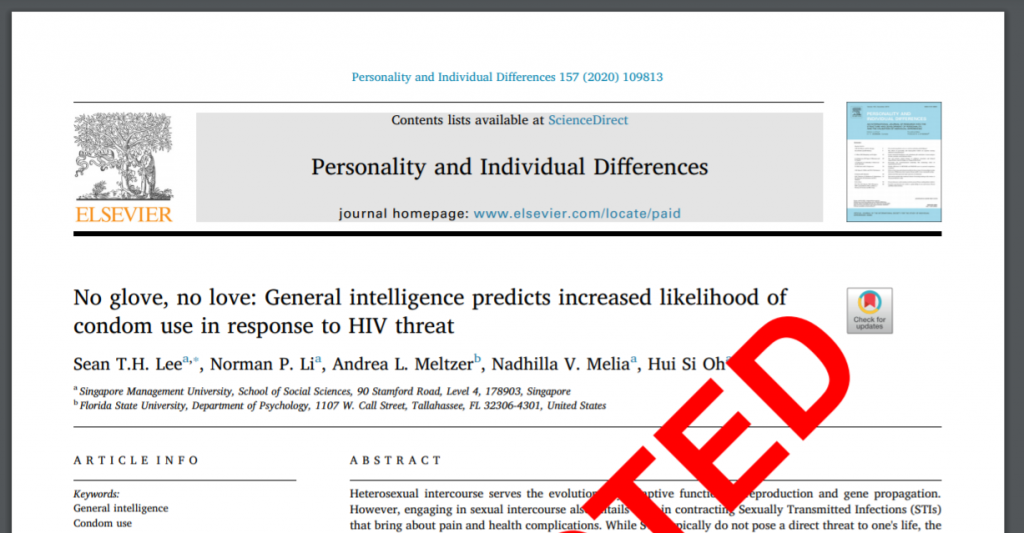
A publisher that retracted nearly two dozen papers earlier this month for plagiarism and other problems has retracted one of the retractions, apologizing to the authors for its error.
All of the 23 — now 22 — retracted papers had either Jesus Silva or Amelec Viloria as one of the authors, but Silva and Viloria turn out to be the same person, according to the publisher, IOP Publishing. Viloria is last author of the now unretracted paper, “Energy potential of vinasse derived from rum manufacturing,” from IOP Conf. Series: Materials Science and Engineering.
The first author of that paper, Carmen Vásquez, of Universidad Nacional Experimental Politécnica Antonio José de Sucre in Venezuela, told Retraction Watch by email (we used Google Translate to translate from Spanish to English) that she had contacted the publisher when the retractions appeared to let them know that her paper did not plagiarize:
Continue reading 23 becomes 22: Publisher retracts retraction, apologizes for the error






